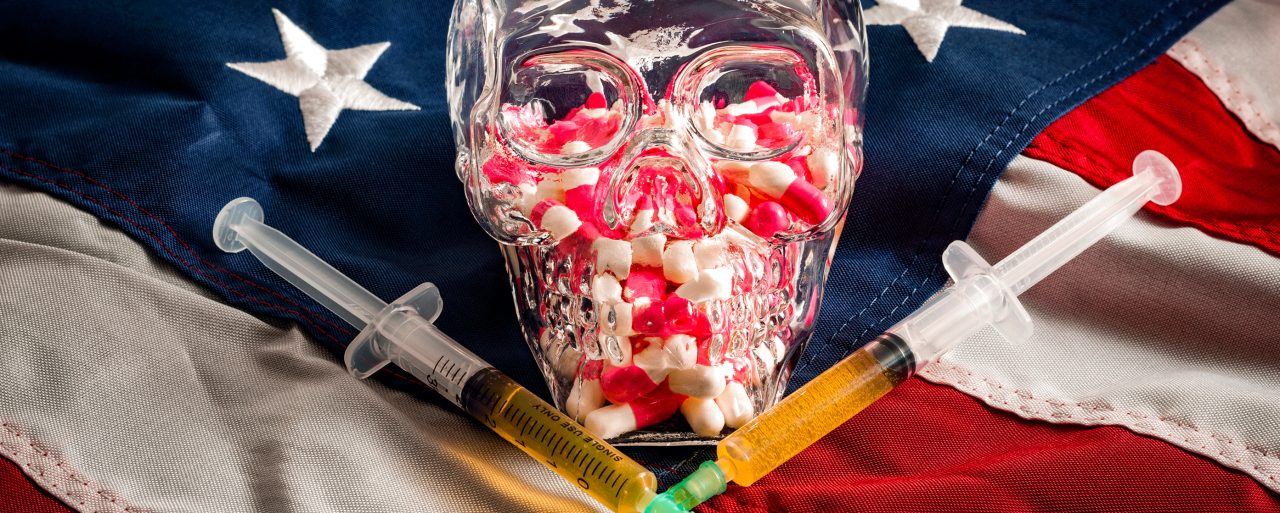
How to End the Opioid Crisis
In the U.S., the abuse of, and addiction to, prescription opioids meant to treat pain has become epidemic. Are there better ways to fight the opioid crisis?
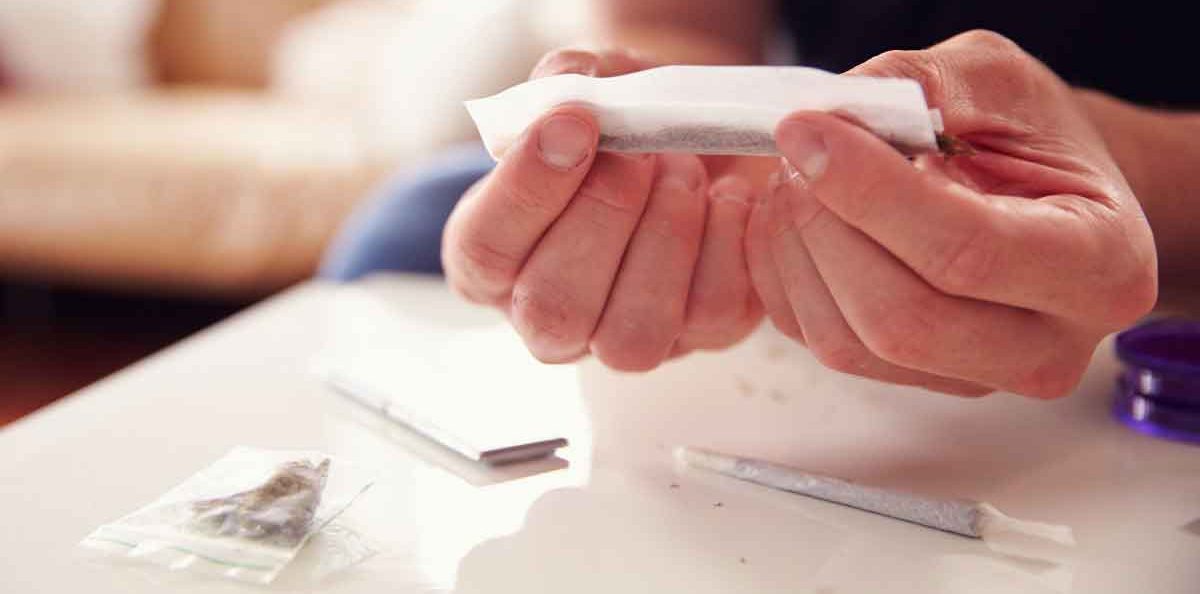
Marijuana is increasingly legal across America — but the public health consequences aren't yet known. Here's what you should know about the health concerns.

Veterans are twice as likely to die from an opioid overdose than civilians, and many take benzos, a family of anti-anxiety drugs. Here's what you should know.

Nerve stimulators offer a way to minimize acute symptoms of opioid withdrawal, such as tremors, agitation, and joint pain. Here's what you should know.
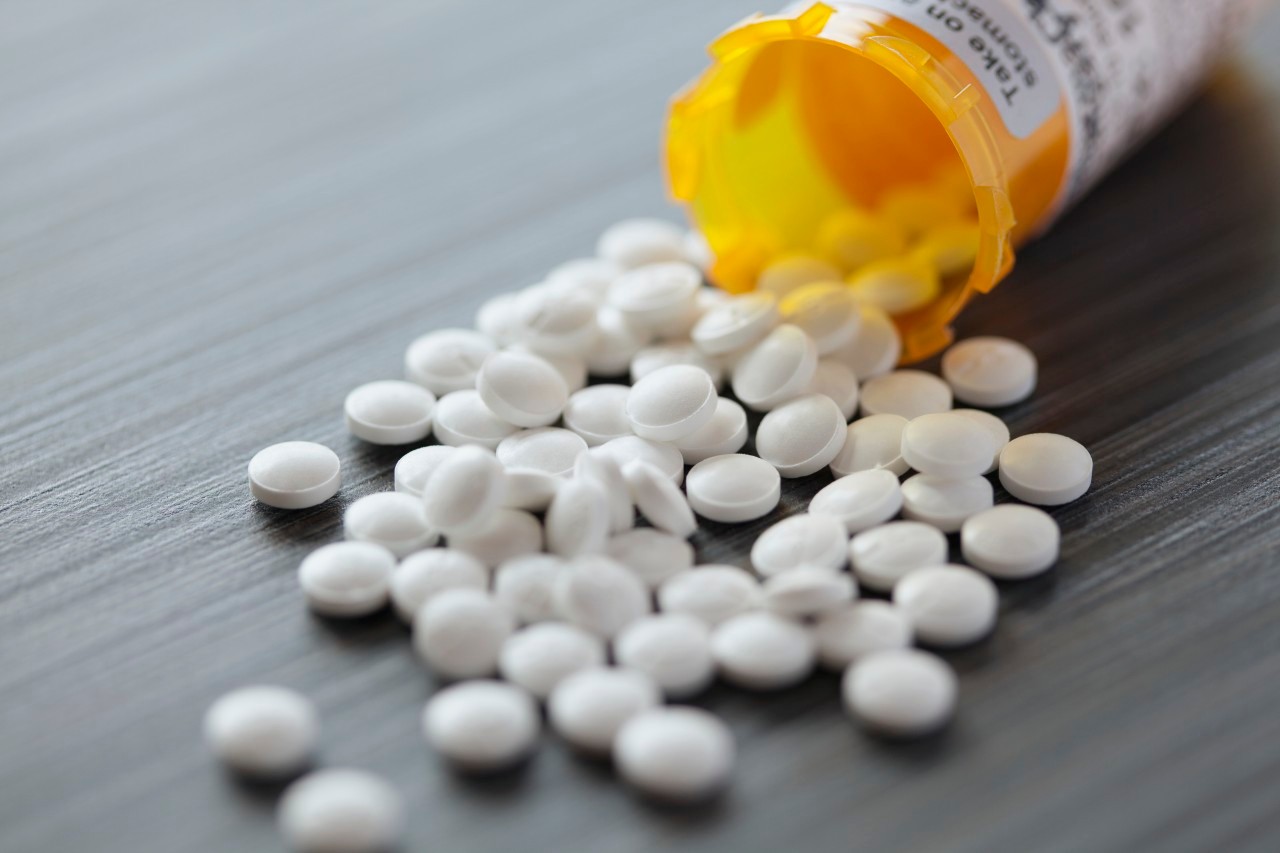
Who is responsible — and should pay — for the consequences of the painkiller crisis? States are fighting back, many of them together. Here's what you should know.
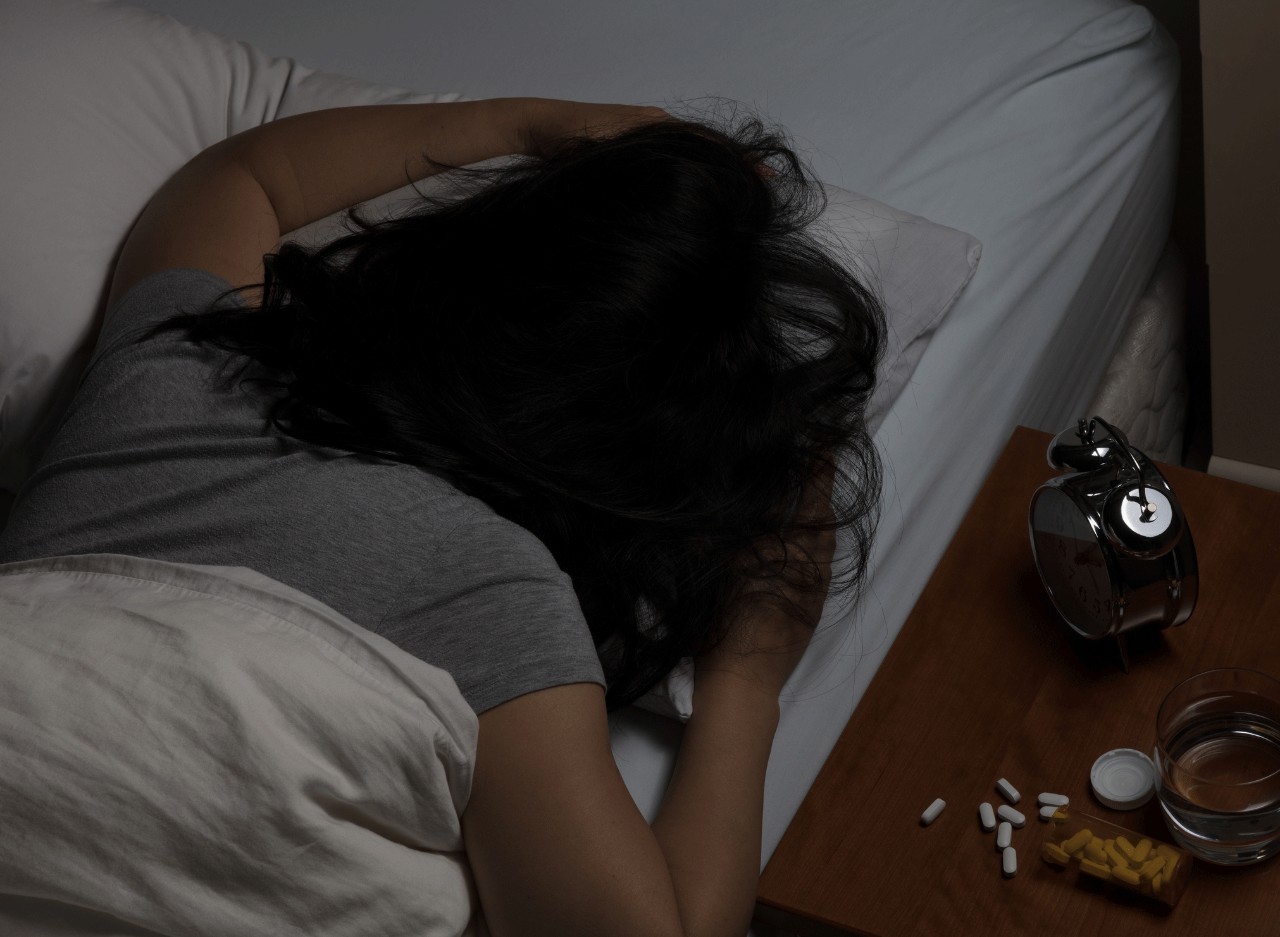
The number of newborns affected by their mother’s opioid abuse during pregnancy is growing. Six of every 1,000 babies need detox. Here's what you should know.
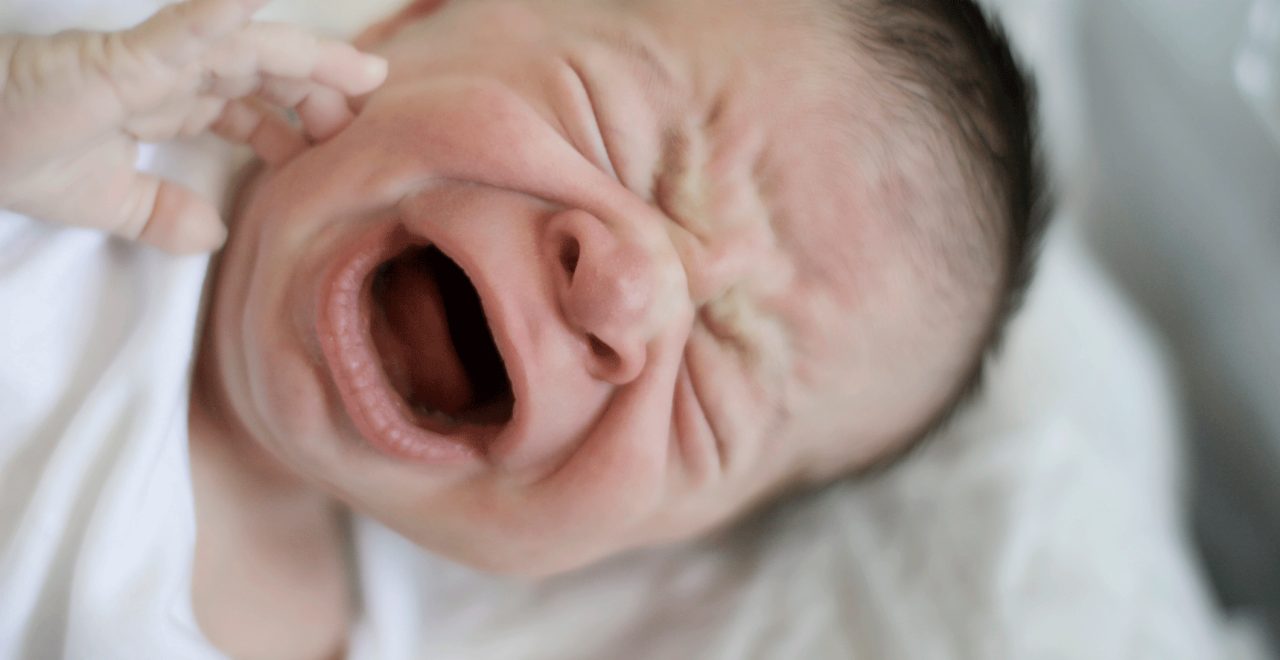
When a pregnant woman uses opioid drugs, illegal or prescribed, her baby can be born with neonatal abstinence syndrome. Here's what you should know.

Self-treating symptoms of opioid withdrawal with the over-the-counter anti-diarrhea medication Imodium is dangerous; it can cause fatal heart problems.
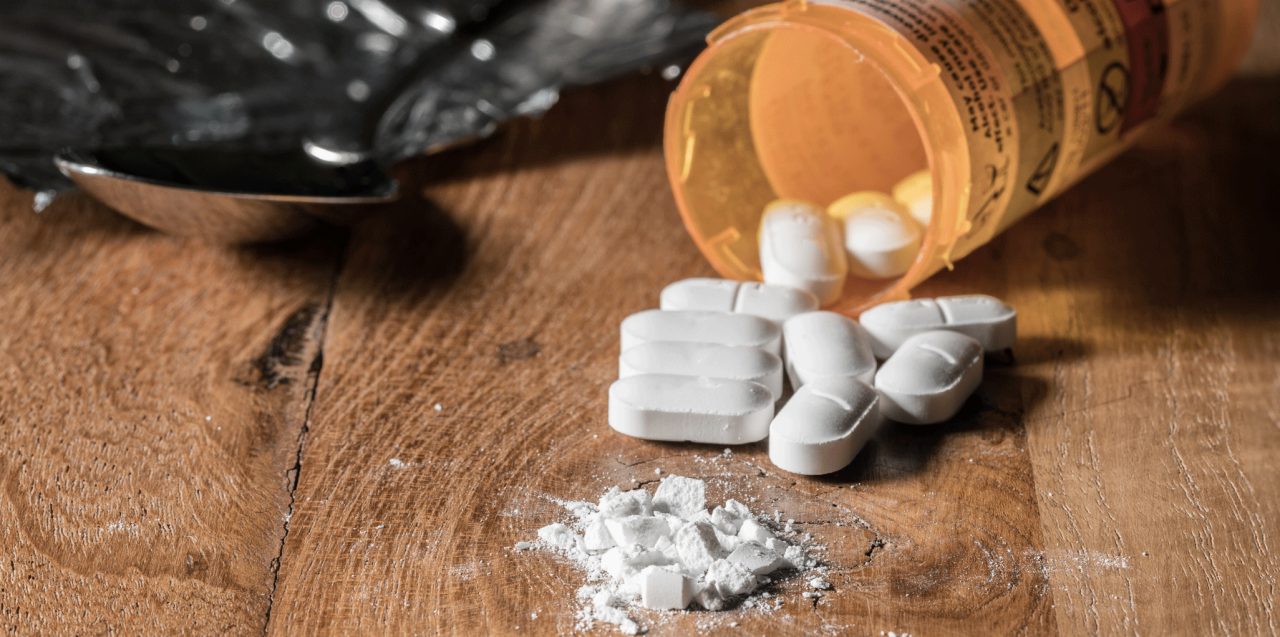
Using opioids over time can lead to dependence or addiction. Learn about the symptoms of opioid withdrawal and when to seek help to stop using the drugs.
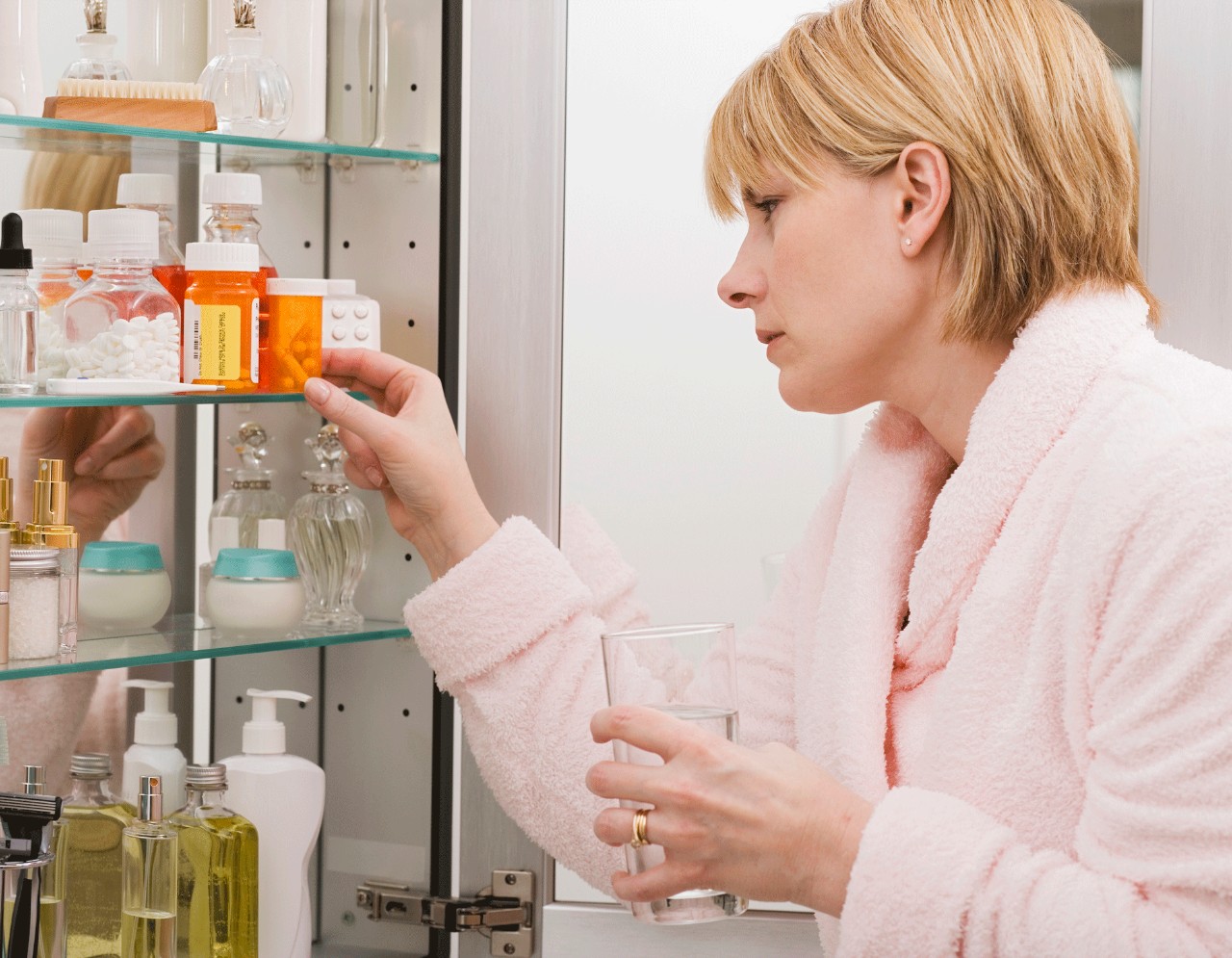
Don't let your old medications gather dust. Your best move is to take outdated prescriptions to a collection site. Here's what you should know.